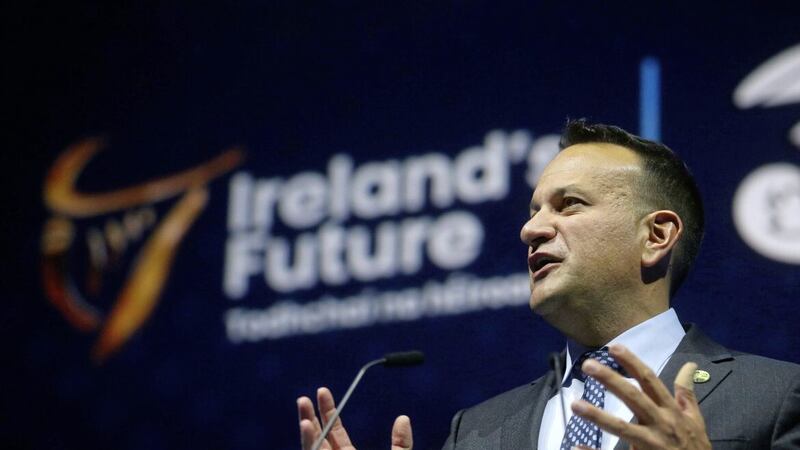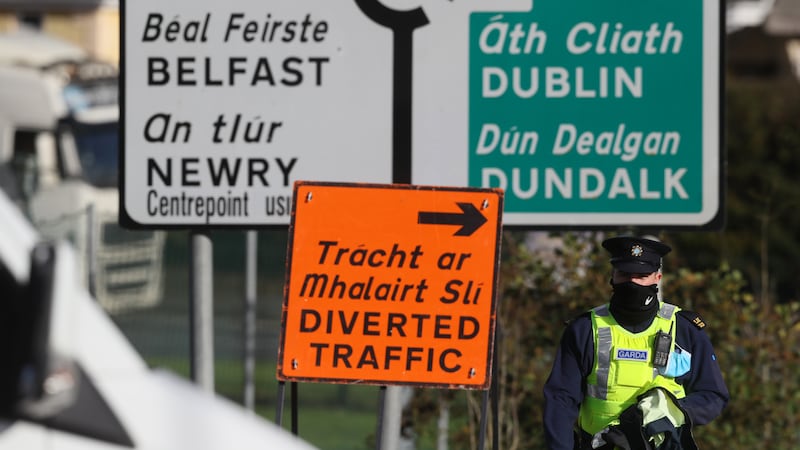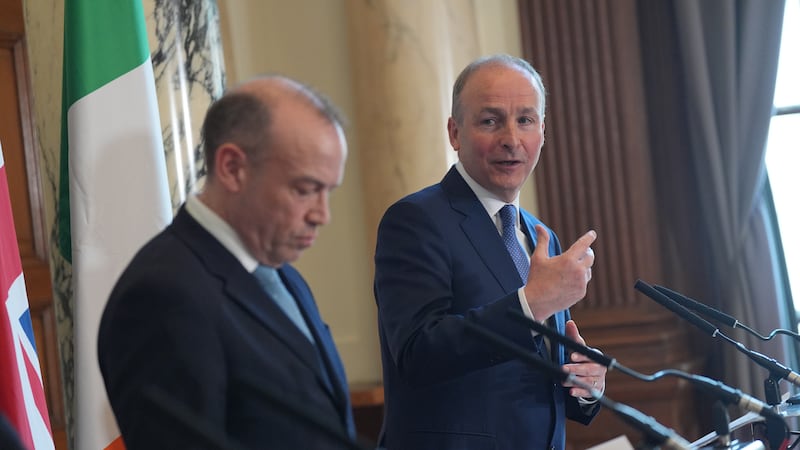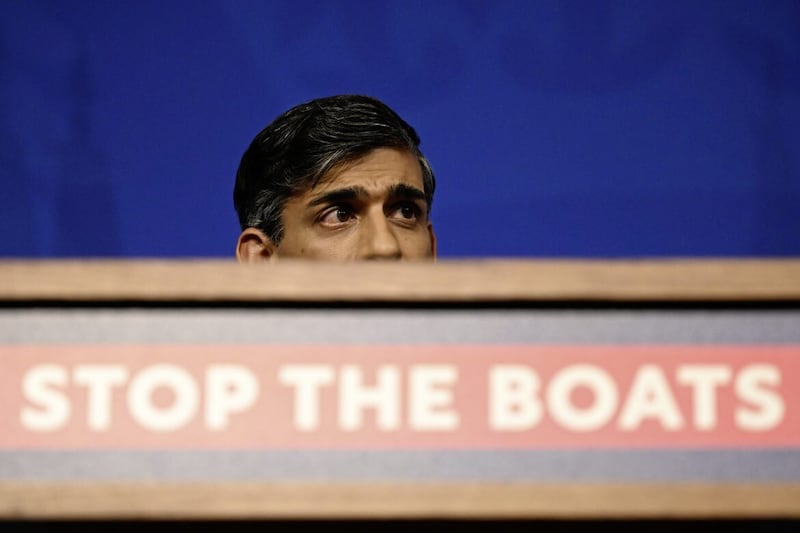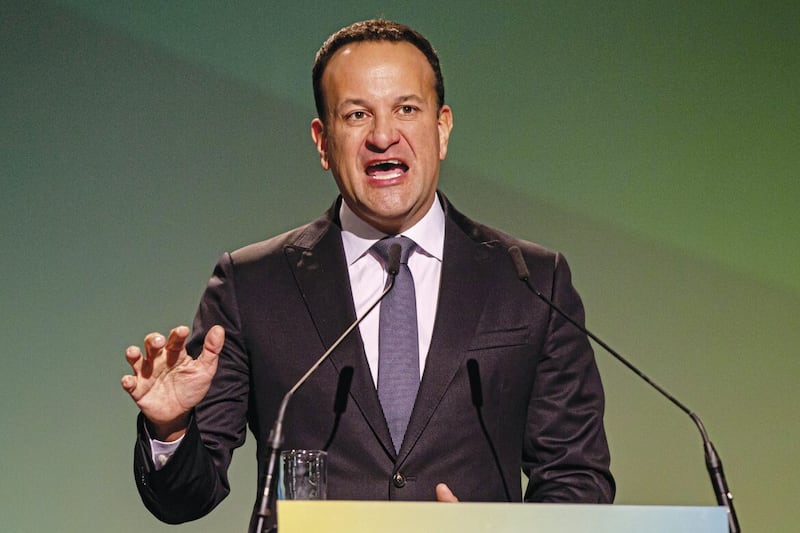You could not have angered me last weekend.
My daughter and son came to the Ireland’s Future event in the 3Arena. Looking at them and their hope for the future filled me with optimism and pride. It was great to see so many other young people in attendance.
As I was helping organise the event, I didn’t get a look at social media until that night and when I did, it was evident that two things were exercising the keyboard warriors – the numbers in attendance and how unimportant the event was.
There was an awful lot of time and energy spent on those tweets and Facebook posts stating how insignificant the event was and pretending that it was irrelevant. So much so, that it almost sounded like they were trying to convince themselves that this was the case.
The tactic was clear - it was an attempt to create a distraction from the significance of what was happening in the room that day - and be in no doubt that what happened was significant.
Ulster Unionist Party leader Doug Beattie took to the radio on Monday to say that there was no plan our outline of what reunification might look like. He said he has watched some of the event online, so maybe he watched a different event than I saw because there were plenty of plans set forth by participants.
Tánaiste and leader of Fine Gael, Leo Varadkar, told the conference that any process of reunification would require democratic consent and that this will involve compromise. He advocated an incremental approach, saying “we need to remember that the next step doesn’t have to be the final word.”
The key elements of Varadkar’s plan were: enhancing engagement, building trust and creating the conditions for a convincing majority for change. He said: “We could continue to have North-South bodies and East-West co-operation. We could strengthen and deepen both these strands. There are lots of ideas as to how that can be done.
“Some might see that as no change, but the biggest change would be the most important one: the sovereign government would be the Irish one.”
The significance of Varadkar’s statement on sovereignty should not be swept aside. This is a significant comment from a man who will once again be taoiseach before the end of the year.
Jimmy Nesbitt, keynote speaker for the event, said: “I would describe myself as an Irishman, from the north of Ireland, who in no way refutes nor shies away from my Protestant culture. But it does not define me and nor do I deny my Catholic friends their culture.”
He went on to set out his plan for what he described as a “union of Ireland” saying the discussion needed to be taken out of the Dáil, Stormont, Whitehall and academia and into the village halls and town halls, the church halls, the orange halls. The focus, he said should be on creating common ground on issues affecting wider society such as the economy, health, education and issues of victims and survivors of the conflict.
Fianna Fáil TD Jim O’Callaghan suggested that there are a lot of people who do not want to engage on this issue because they view engagement is endorsement. He emphasised the protection of culture and identity as a key principle of discussions.
There is a distinction to be drawn between setting out principled frameworks for dialogue and presenting the blueprint for a united Ireland as a fait accompli. No one expects unionism to sign up for the latter, so why are they asking for it to be presented?
Whether or not people are engaged in the discussion, unsure about how they would vote in a border poll or hostile to any change in the constitutional position of the north, those who advocate for reunification have a duty to ensure the protection of those who may only come to this discussion later, or indeed after a border poll.
This wasn’t a rally to endorse a united Ireland, as had been said before the event, this was an invitation to dialogue.
Civic and cultural unionism has already begun to engage in that dialogue in a way that political unionism is refusing to do and that was evident listening to Jimmy Nesbitt, Ben Collins and Reverend Karen Sethuraman.
And as for the numbers, the 3Arena was sold out and over 30,000 people have viewed the live stream and recording of the event to date.
Ireland’s Future will host a further event in the Ulster Hall, Belfast on Wednesday November 23 and once again, the invitation will be extended to all who are interested in the future of this place we call home to take part in that conversation and to make their case.
There are plenty of critics out there who already know the seating capacity for the Ulster Hall, so maybe they can engage on the issues this time around.
